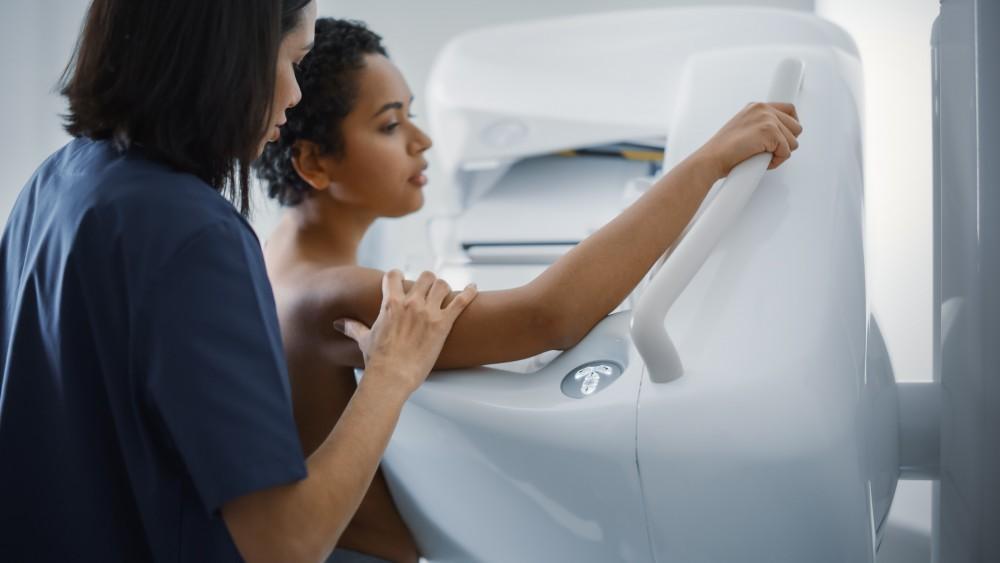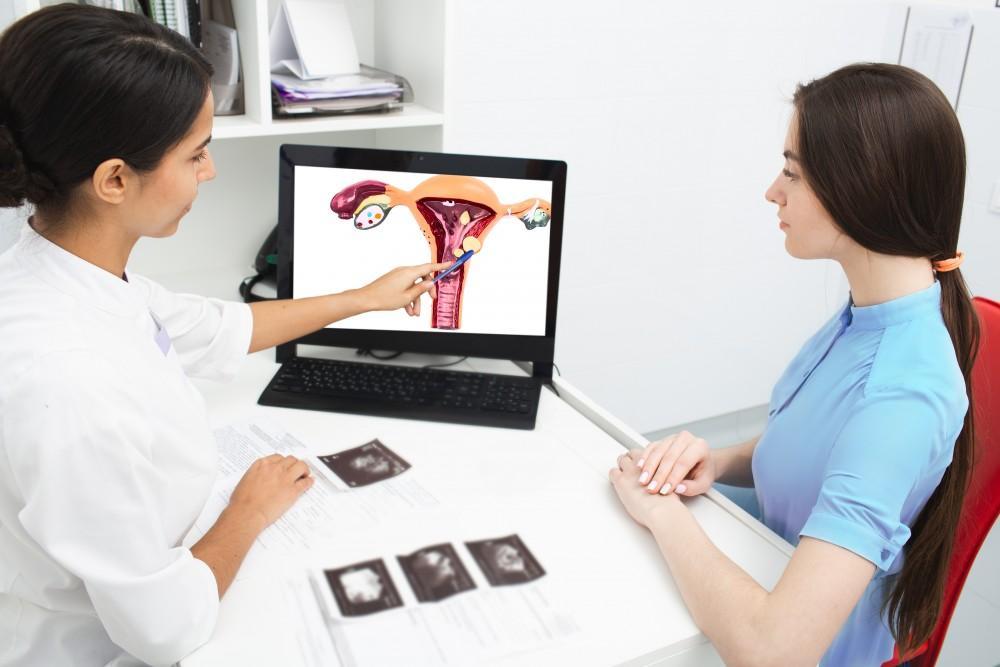
What to Expect From Your First 3D Mammogram
A mammogram is an X-ray of your breasts. It’s the best way to identify early...
Read MoreThe multistate outbreak this past summer of Listeriosis linked to frozen vegetables, fresh cut vegetable products and packaged salads shines a spotlight on this dangerous foodborne illness especially for pregnant women. The recent Listeriosis-related death of MMA fighter Chael Sonnen‘s newborn daughter stresses the need for pregnant women to stay vigilant and steer clear of foods that can harbor Listeria.
Listeriosis is a serious infection usually caused by eating food contaminated with the bacterium Listeria monocytogenes. The Centers for Disease Conrol and Prevention (CDC) estimates that about one in seven (14%) cases of Listeria infection occurs during pregnancy and can cause fetal loss (miscarriage or stillbirth), preterm labor, and illness or death in newborn infants.
According to the Food and Drug Administration (FDA), Listeriosis symptoms may take a few days or even weeks to appear. Most of the time, pregnant women who are infected with listeriosis don’t feel sick but can pass the infection to their unborn babies without even knowing it. Symptoms can include fever, chills, muscle aches, diarrhea or upset stomach, headache, stiff neck, confusion, and loss of balance. In more serious cases, listeriosis could also lead to the mother’s death.
Specific recommendations. If you are pregnant, the CDC offers these specific recommendations to reduce your risk of contracting this infection and passing it onto your baby.
General Recommendations. The CDC makes these general food safety recommendations.
Because of the significant impact Listeriosis can have on you and your baby, proper precautions and prevention are very important. If you experience any of the above symptoms, see your doctor or healthcare provider immediately.
The Women’s Center works diligently to provide high quality women’s health care with the most comprehensive array of women’s health services in all of Central Florida! Call (407) 857-2502 to schedule an appointment at any of our locations.




A mammogram is an X-ray of your breasts. It’s the best way to identify early...
Read More
About 1 in 10 women has ovarian cysts. These small growths form on your ovaries,...
Read More
If you and your partner have decided you’re ready to start growing your family, you’re...
Read More